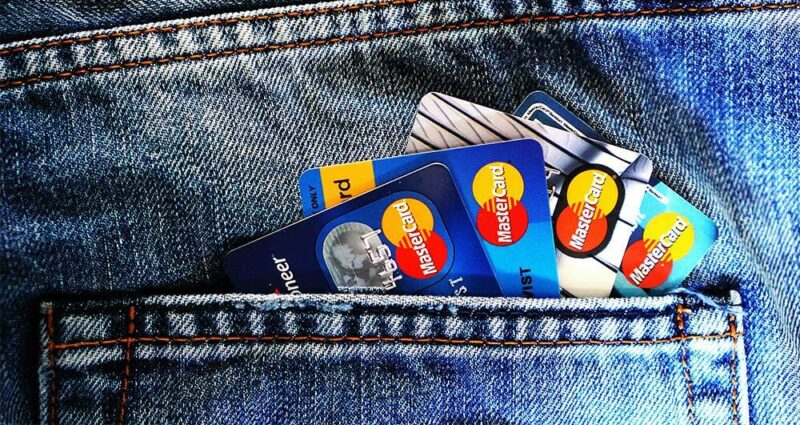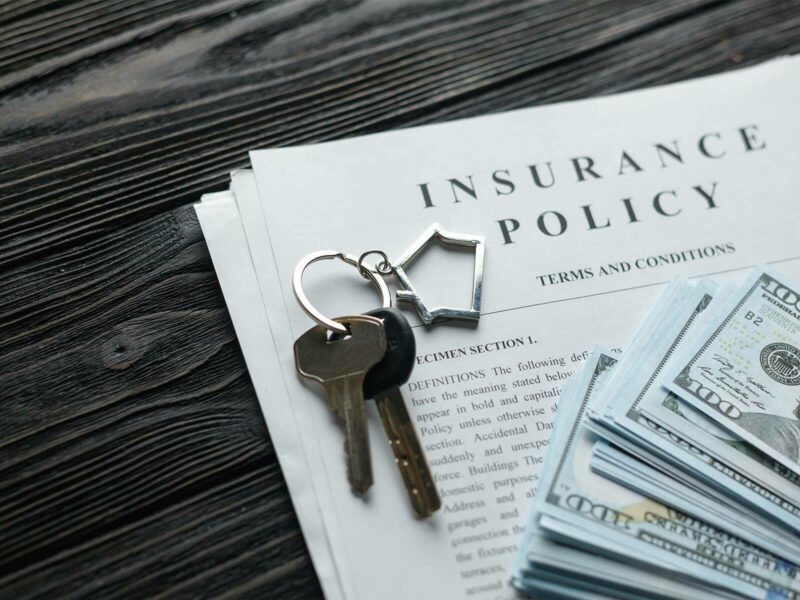Article Excerpt
Once your mortgage application is approved and you’re waiting to close, your main job is to not mess things up. Here are some tips on what you should not do.
Let’s suppose that after much financial discipline, you have obtained approval for a home mortgage. The dream of homeownership is within your reach. Once you have reached this point, the ball is probably in someone else’s court. The lender might be working on putting your loan together. A seller might be getting a home ready for you.
Your job during this exciting time is to avoid doing anything to mess it up. Perhaps that sounds harsh, but allow us to explain. When a lender approves you for a home mortgage, they are looking at a snapshot of you and your financial situation. They are agreeing to take the risk of lending money to that person. You are a borrower frozen in time for the lender, and you don’t want to do anything to make yourself look less trustworthy. Here are some tips about what not to do once a lender has approved you for a mortgage.
Don’t ignore your lender.
The lender might have questions for you before you close on a loan. They might need more information or more documents. Whatever they need, replying to them should be a top priority.
Borrowing money to buy a home is one of the biggest financial transactions many people will ever make. Your lender needs information to make it happen for you. Just as important, if not more so, the lender wants to see that you take the responsibility seriously by responding to them in a timely manner.
Don't change jobs.
Regular income is one of the biggest factors that lenders consider in loan applications. They want to see that your salary or wages are consistent. Changing jobs in the middle of the mortgage funding process might make the lender nervous. Even if you are moving to a higher-paying job, the lender might worry about consistency.
Of course, we don’t always have a choice when it comes to changing jobs. We cannot tell you, say, not to get laid off from your job through no fault of your own. That could still affect your mortgage, but it’s not something you can control. We are talking about quitting and moving to another employer while loan funding is underway.
Don't make major purchases.
Buying a home is among the most major purchases of them all. Your lender decided to approve you based, in part, on the assets you currently own and the debts you currently owe. Buying a new car, expensive furniture, or an expensive “smart” appliance will disrupt the lender’s financial snapshot.
Don't open new bank accounts.
When you applied for your mortgage, you provided the lender with copies of bank statements. It would be a mistake, while the lender is working on your loan, to start using a different bank account or open a new one. Your lender will have questions, and it could get uncomfortable.
Don't make unexplained large bank deposits.
If you come into possession of a large amount of money while waiting for your mortgage loan, such as inheritance or a gift, you should deposit it with the bank. We’re not saying to keep that money in cash under your mattress. What you shouldn’t do is fail to inform the lender about the money.
Your lender is calculating your mortgage based on the money you had at the time the loan was approved. If you suddenly have a great deal more money, that could change their math. Even if a large windfall affects your pending mortgage, that is far better than not telling the lender at all. Lenders don’t like when that happens.
Don't get new credit cards, lines of credit, payday loans, etc.
For most people, a mortgage loan is a very large debt. Don’t take on more debt while waiting for the loan to close. New credit cards, lines of credit, and so on change your financial profile, which could require the lender to change the loan.
Don't payoff large amounts of debt or close credit cards.
Just like the point about not taking on new debt, you also shouldn’t pay off existing debt.
This might seem counter-intuitive. Wouldn’t it be good to have less debt when you start paying your mortgage? Massively paying down your debt changes your credit score and other aspects of your financial profile. Closing an old credit card may reduce your average age of accounts, which could have a negative effect on your credit score. It could affect your pre-approval status on your mortgage, too.
Now, if you were only a few payments away from paying something off when the lender approved you, you should keep paying. This is about not making unscheduled or unexpected payments on your debt.
Don't get behind on bills or debt payments.
You might be noticing a theme here. You want to avoid doing anything that will cause substantial changes, bad or good, to your finances. Keeping up with your regular bills and debt payments is good advice at almost any time. It’s especially important while you’re waiting on your mortgage loan.
Don't co-sign anyone else’s loan or lease.
We already said not to take on any new debt for yourself. Don’t take on anyone else’s debt, either. On paper, it still counts toward your own debt.
Ready to get pre-approved?
Now is an excellent time to buy a home. If you have questions or would like to learn more about your options, the Wood Group of Fairway is here to help. Get started on your free pre-approval in just ninety seconds!






